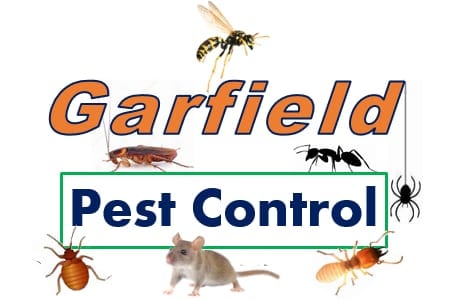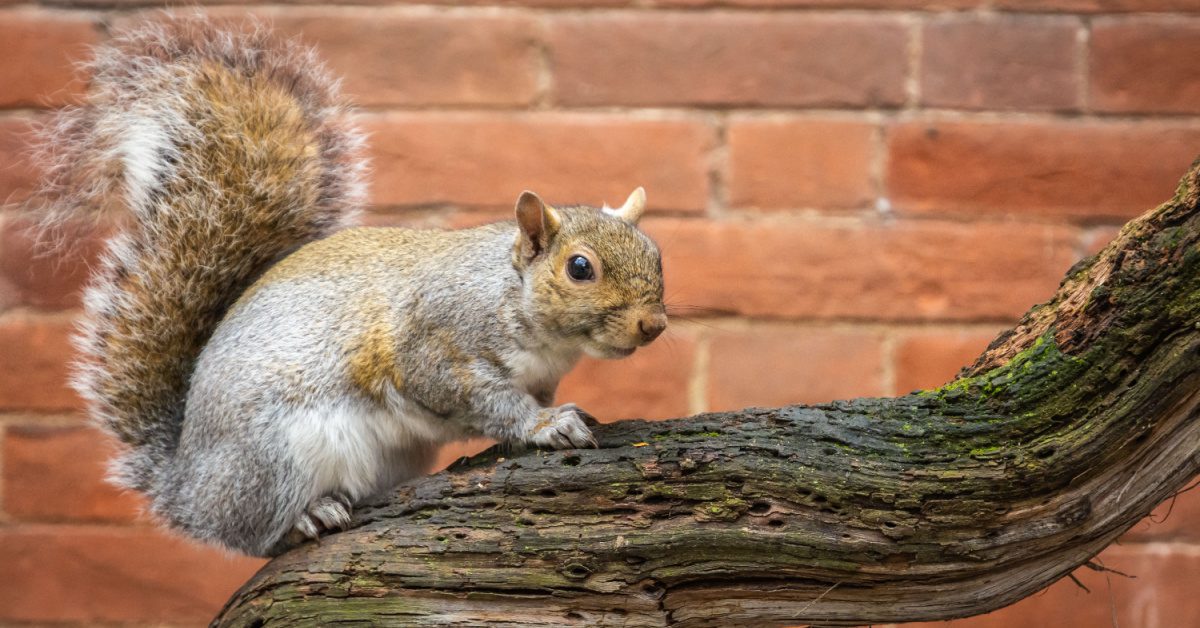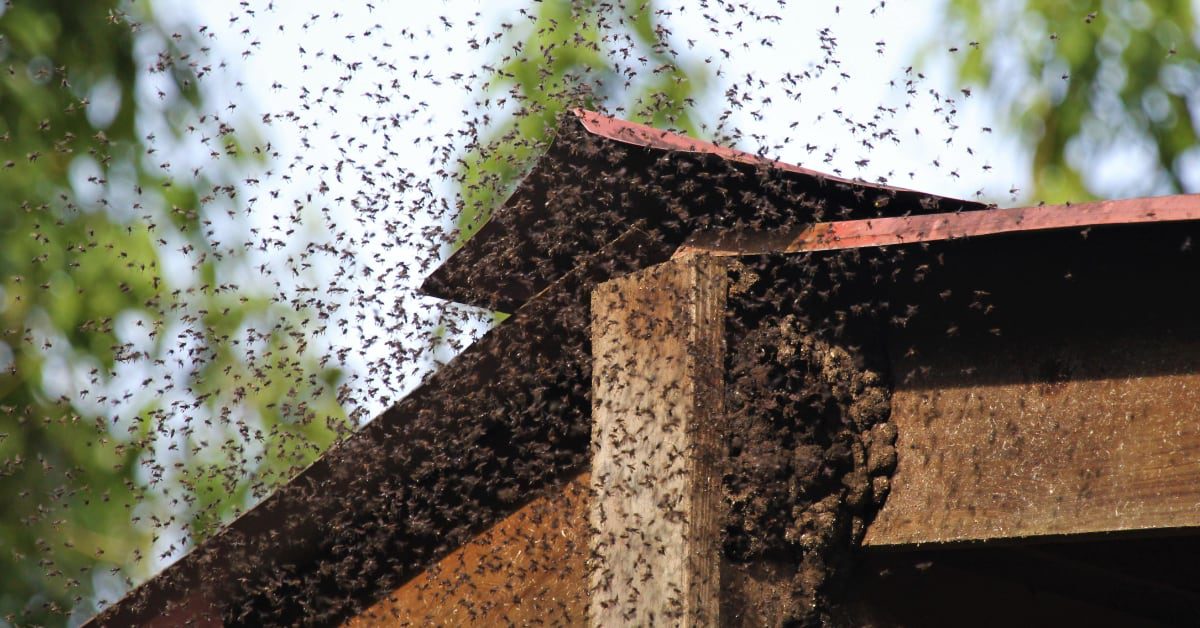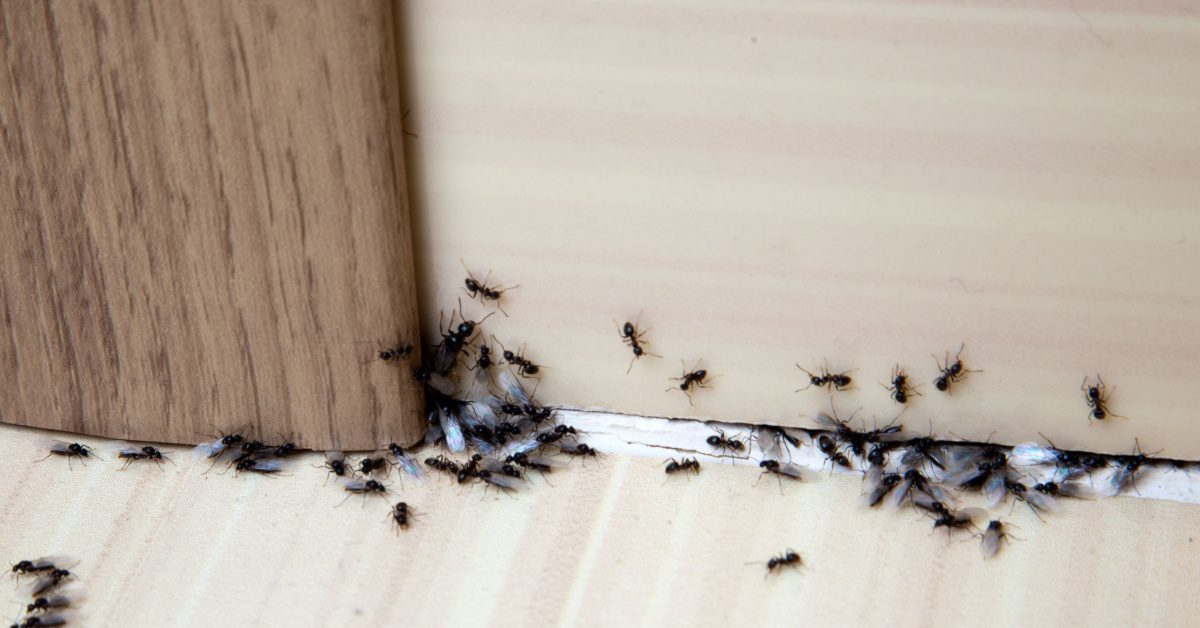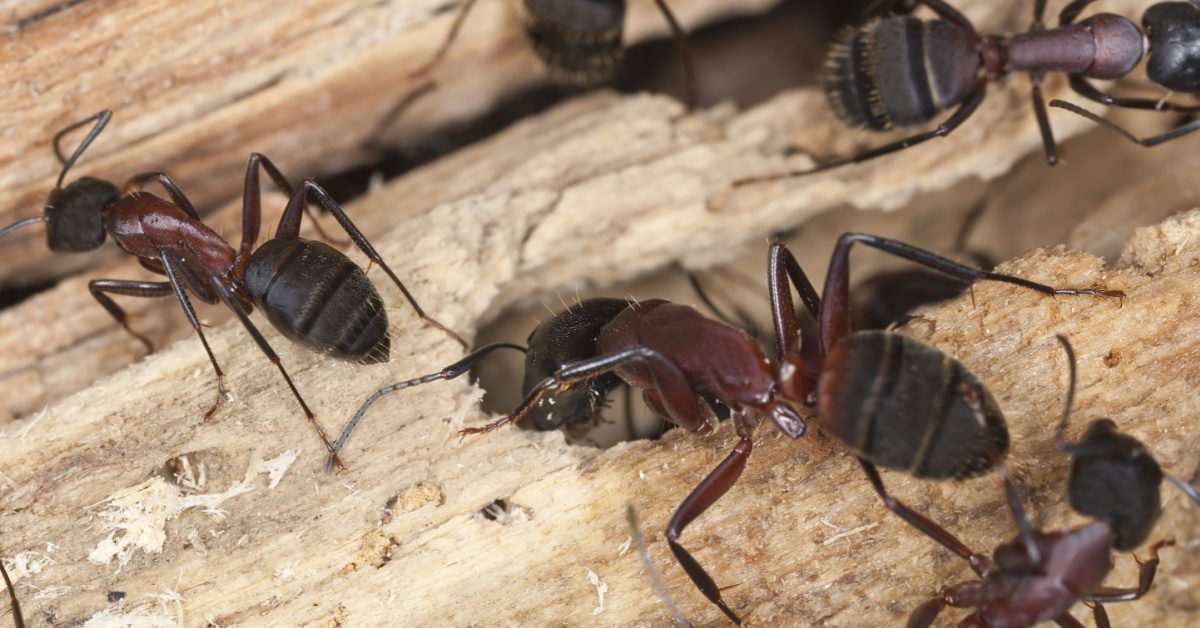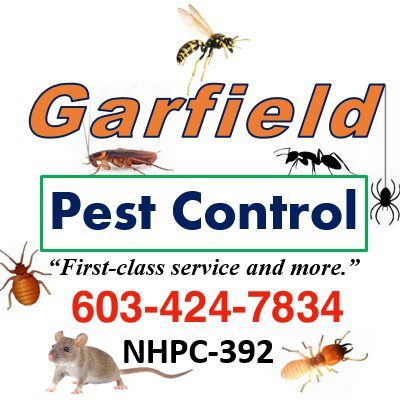A Comprehensive Overview: Squirrel-Related Diseases and Health Risks
With their bushy tails and acrobatic skills, squirrels often captivate our attention. While these small mammals are generally harmless and provide entertainment in our surroundings, it’s essential to be aware of their potential health risks.
Squirrel-related diseases can pose specific threats to humans and other animals, making it crucial to understand these risks for effective prevention and management.
Squirrel-Related Diseases
Leptospirosis
One primary concern with squirrels is leptospirosis, a zoonotic disease with epidemic potential. Leptospirosis is a bacterial infection caused by the Leptospira bacteria. Squirrels can carry this bacteria in their urine, contaminating the environment. Humans may contract leptospirosis with contaminated water, soil, or surfaces.
Common symptoms include fever, headache, and muscle aches, and in severe cases, it can lead to liver or kidney failure.
Hantavirus
Hantavirus is another potential health risk linked to squirrels. While the virus is typically associated with rodents like mice and rats, certain squirrels can also carry and transmit hantavirus. Inhaling airborne particles contaminated with the virus can lead to Hantavirus Pulmonary Syndrome (HPS), a severe respiratory illness.
Early symptoms mimic the flu, but the disease can progress rapidly, impacting the lungs and causing severe respiratory distress.
Salmonellosis
Squirrels, like many wildlife species, can carry Salmonella bacteria. This poses a risk to humans who come into contact with squirrel feces, urine, or contaminated surfaces. Salmonellosis symptoms include diarrhea, fever, and abdominal cramps.
While most cases resolve without treatment, severe infections may require medical attention, especially in vulnerable populations.
Rabies
While the likelihood of squirrels transmitting rabies is minimal, it is crucial to exercise caution. Rabies, a zoonotic viral disease that affects the nervous system with fatal inflammation of the brain and spinal cord, is usually transmitted through the bite of an infected animal.
Although rabies in squirrels is rare, it is advisable to approach any wild animal carefully to reduce the potential for rabies transmission. If bitten or scratched by a squirrel, seeking prompt medical attention is of utmost importance.
Prevention and Safety Measures
Implementing preventive measures is essential to reduce the risk of squirrel-related diseases.
Steer Clear of Direct Contact
Resist touching or handling squirrels, mainly if they exhibit signs of illness or unusual behavior.
Secure Trash Bins
Properly seal trash bins to prevent attracting squirrels looking for food scraps.
Clean Outdoor Spaces
Regularly clean outdoor areas where squirrels may frequent to minimize the risk of contamination.
Protect Pets
Keep pets away from squirrels to reduce the potential for disease transmission.
Wear Protective Gear
If handling a squirrel is necessary, wear gloves and other protective gear to minimize direct contact.
Safeguard Your Health in the Presence of Squirrels
While squirrels contribute to the charm of our natural surroundings, it’s crucial to be aware of the potential health risks associated with these small mammals. Understanding the diseases they may carry and implementing preventive measures can help ensure a safe coexistence.
By remaining knowledgeable and implementing suitable precautions, we can relish the presence of squirrels while mitigating potential health risks to ourselves and our communities.
Balance Nature’s Charm with Health Vigilance: Safeguard Against Squirrel-Related Diseases and Risks
For professional assistance in managing pest concerns, including potential squirrel-related issues, contact Garfield Pest Control, which serves Merrimack, Manchester, Nashua, New Hampshire, and beyond.
Our professional squirrel removal and control team is dedicated to ensuring a pest-free environment, promoting both the well-being of your property and the health of your community.
Trust Garfield Pest Control for comprehensive and effective solutions for your specific pest problem needs. Enjoy a harmonious coexistence with nature while safeguarding your space—contact Garfield Pest Control today for reliable pest management services.
